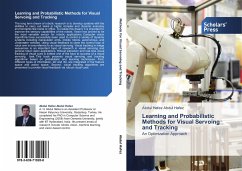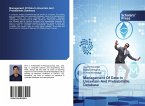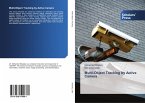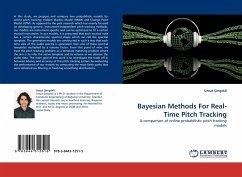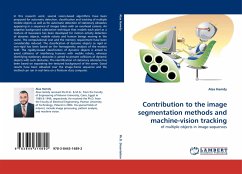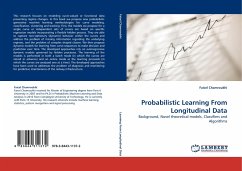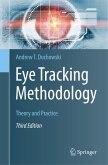The long term dream of robotic research is to develop systems with the abilities to carry out tasks in highly complex and dynamic everyday environments like home or office. To realize this dream, it is important to improve the sensory capabilities of the robots. Vision has proved to be the most versatile sensor for robotic applications. Computer vision algorithms have successfully been used to control a variety of dynamic systems including manipulator arms, mobile robots, autonomous, and underwater vehicles. Using visual feedback to close the control loop of robot arm is now referred to as visual servoing. Visual tracking in image sequences is an important topic of research in visual servoing and general robot vision applications. Robust extraction and real-time visual tracking of visual cues is indeed one of the keys to success of a visual servoing task. This book presents visual servoing and tracking algorithms based on probabilistic and learning techniques. First, different types of information, 2D and 3D, are integrated in the feature space and action space. Second, visual tracking algorithms are presented to provide visual feedback via robust visual cues.
Hinweis: Dieser Artikel kann nur an eine deutsche Lieferadresse ausgeliefert werden.
Hinweis: Dieser Artikel kann nur an eine deutsche Lieferadresse ausgeliefert werden.

